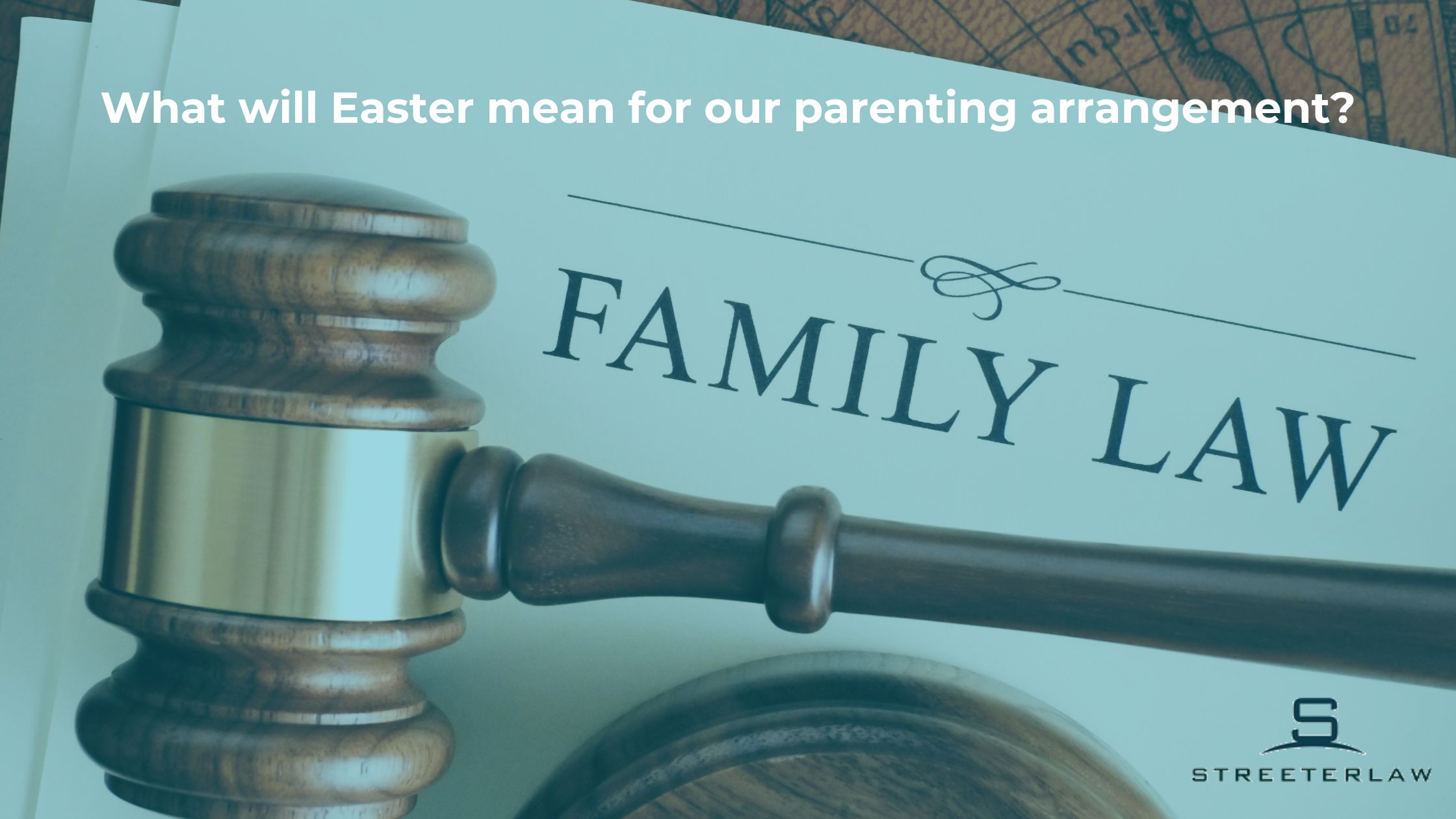On 6 November 2023, the Family Law Amendment Act 2023 (Cth) (“Family Law Amendment”) received Royal Assent, which will result in extensive changes to the parenting framework and parenting orders, as well as the role of Independent Children’s Lawyers (ICLs) in Australia.
Key changes to Parenting Orders
Best interests of the child (s 60CC)
The Court no longer provides a distinction between primary and additional considerations, for what they deem to be in the best interests of the child. They now provide six (6) key factors which they deem to be of the most relevance:
- what arrangements would promote the safety (including safety from family violence, abuse, neglect, or other harm) of the child; and each person who has care of the child (whether or not a person has parental responsibility for the child);
- any views expressed by the child;
- the developmental, psychological, emotional and cultural needs of the child;
- the capacity of each person who has or is proposed to have parental responsibility for the child to provide for the child’s developmental, psychological, emotional and cultural needs;
- the benefit to the child of being able to have a relationship with the child’s parents, and other people who are significant to the child, where it is safe to do so, and
- anything else that is relevant to the particular circumstances of the child.
- The Court also highlights the relevance of family violence orders, as well as the existence of family violence, neglect and abuse in determining future parenting arrangements.
Presumption of equal shared parental responsibility
- Previously, the Court had a presumption of equal shared parental responsibility, which was contained in section 61DA of the Family Law Act 1975 (Cth). This has been repealed (quashed).
- The Court is no longer required to presume that it is in the child’s best interests for both parents to make decisions about long-term issues, as it was previously asked to do.
- The Court will now focus more on whether it is in the best interests of the child in the specific circumstances of the case and whether it is feasible for both parents to make decisions about issues such as education, health, religious and cultural upbringing, the child’s name and significant changes to living arrangements.
I have an existing Final Parenting Order – will these changes affect me?
The simple answer is no!
Pursuant to the new section 65DAAA, the Court must not reconsider a final parenting order unless:
- The Court has considered there to be a significant change of circumstances since the order was made; and
- The Court is satisfied that it is in the best interests of the child for the parenting order to be reconsidered.
‘Member of the family’ and ‘relative’ – Amendments
There are significant welcome changes to the definitions of ‘relative’ and ‘member of the family’, which include Aboriginal and Torres Strait Islander concepts of family, including cultural relation in kindship systems of that culture. These amendments apply to all new proceedings and all proceedings that are underway, but do not apply to proceedings where a final hearing has commenced.
Stay tuned for Part 2 to learn more about the changes to Independent Children’s Lawyers and their role in Family Law matters from May 6, 2024.
If you want to know more about parenting matters or family law more broadly, contact our family law team today on (02) 8197 0105 or contact@streeterlaw.com.au We can assist you to come to a resolution in relation to your parenting dispute in light of the new amendments.









